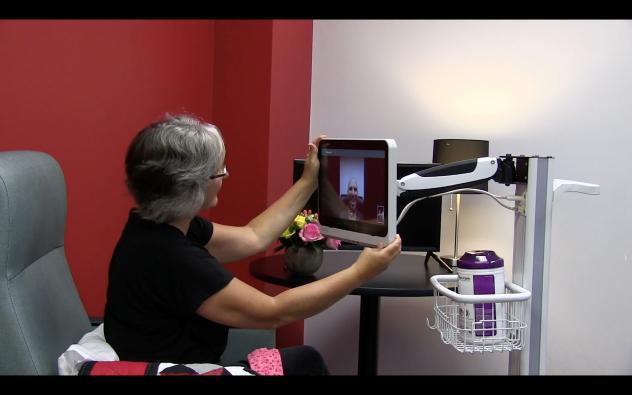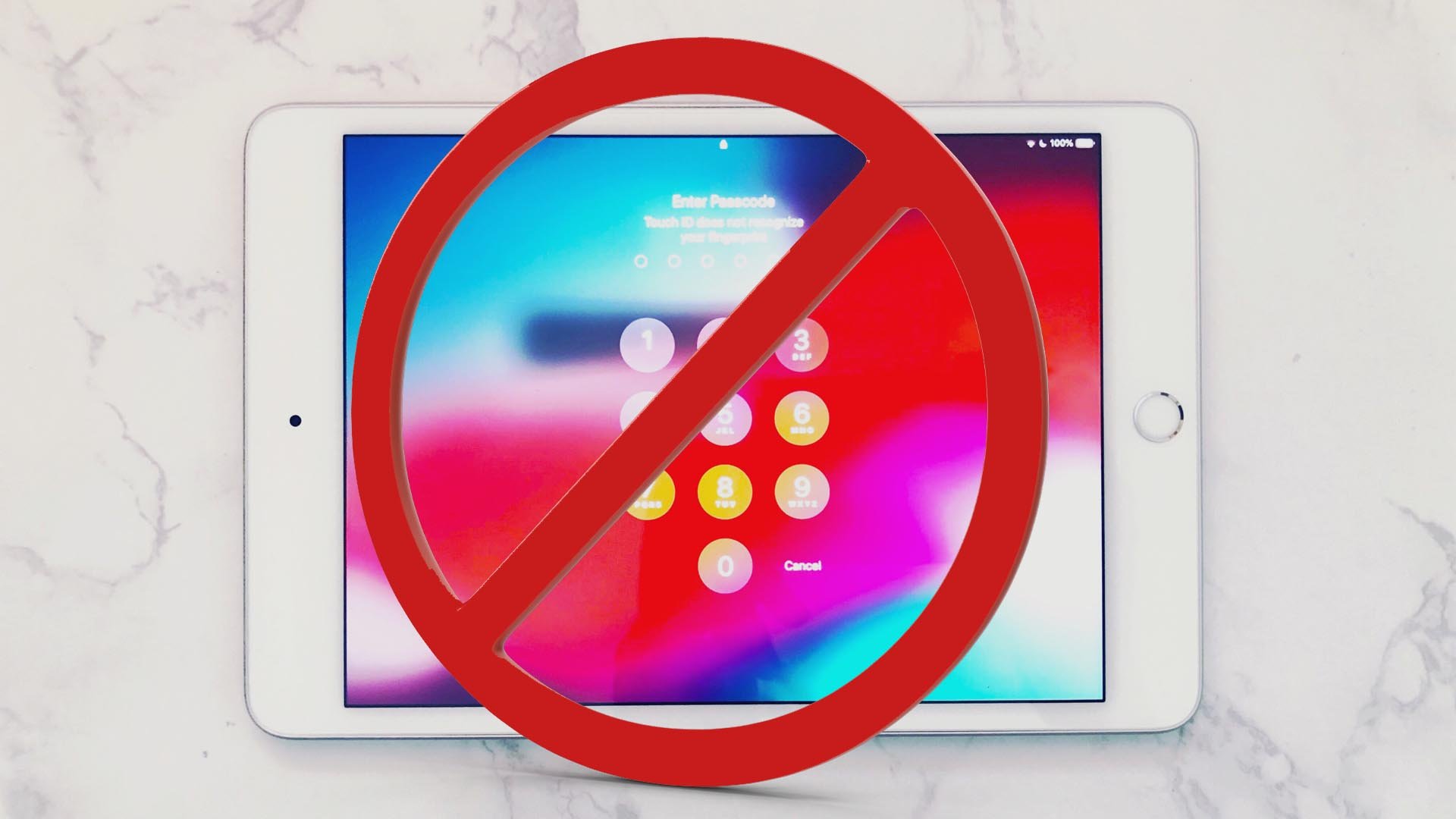Safely Engage Patients with Communication and Entertainment Carts
Healthcare providers know how important a safe, great experience is for patients and their overall satisfaction. Providers are often looking for new...
2 min read
 Lynn Corbitt
:
October 17, 2022
Lynn Corbitt
:
October 17, 2022

Healthcare is very involved. Especially if a patient is very ill or has a chronic condition, there are likely many people involved in their care process. From specialists to primary care doctors to residents to pharmacists and even some particularly attached nurses, there are lots of people working on a particular case. These providers may or may not work together on a regular basis, so it’s important to ensure that there’s a good way for them to communicate efficiently and effectively to ensure excellent and safe care for the patient. This can oftentimes be summed up succinctly as care coordination.
Care coordination is actively working to bring all aspects of a patient’s healthcare plan and team together so they work together in complementary ways. Depending on the patient’s particular situation, they might be doing physical therapy and occupational therapy, taking a variety of medications and taking part in some in-clinic, outpatient treatment methods. With so many different providers and methods of care, focusing on care coordination brings the patient’s experience and outcomes to the forefront.
Patients can often feel overwhelmed if they’re going through such rigorous treatment. Even if they’re just on a couple of medications and doing one kind of therapy, meeting with multiple providers to manage all of it can feel like a lot to handle. Care coordination is a way for providers to show patients that their needs are being considered. Their providers aren’t just making decisions in a vacuum, and they all want the patient to succeed.
Begin with a brainstorm, and think of all the ways you might need to coordinate care. Determine what specialties you have in-house that you can refer patients to, and figure out which specialties you’ll need to refer outside of your existing practice. Identify a few potential providers in each realm of care that you could refer to if needed.
Who will take the first step when it comes to coordination? It likely won’t be the same person every time, so make sure your team knows how to begin this conversation. Hold regular meetings for various members of your team to speak with one another and discuss new things that are happening. This keeps everyone’s minds sharp and ready to think of who they could connect patients with if needed.
EHRs can be crucial components of a strong care coordination effort. With them, a patient’s information is easily transferred from one provider to the next. If your facility allows for telehealth, that can be another great way to coordinate external specialists who might be able to make a big difference on a patient’s outcomes, even if it would be difficult for them to get there in person.
Even if a patient is staying in one hospital, there are many transitions. Whether it’s nurses and physicians at shift change, a new doctor on the weekends or even transferring floors or units, patients will experience many different transitions. These transitions are important for patients, and it can be easy for providers to rush them. Instead, slow down and ensure that patients understand what is happening at each step of the process.
This isn’t easy work. There needs to be someone on the team who’s willing to stand up for the care coordination cause and be a champion for the patient. It might cause headaches as the process is established, but once it’s in place, care coordination is a benefit to the patient and to providers.
A care coordination system is so important these days. Patients are beginning to expect a higher standard of care, and so do payers like Medicare. By getting everyone on your team on the same page, you’re making the path to better communication and a better patient experience easier. This kind of coordination makes care safer and more effective for patients, and providers can know that their patients are receiving quality care from people who understand the whole picture.

Healthcare providers know how important a safe, great experience is for patients and their overall satisfaction. Providers are often looking for new...

1 min read
Updated December 10, 2024 by Cat Saettel Patients can easily feel lonely during infusion therapy or a hospital stay. Healthcare organizations can...

A patient care coordinator works diligently to ensure patients receive the best possible care throughout their healthcare experience. Care...